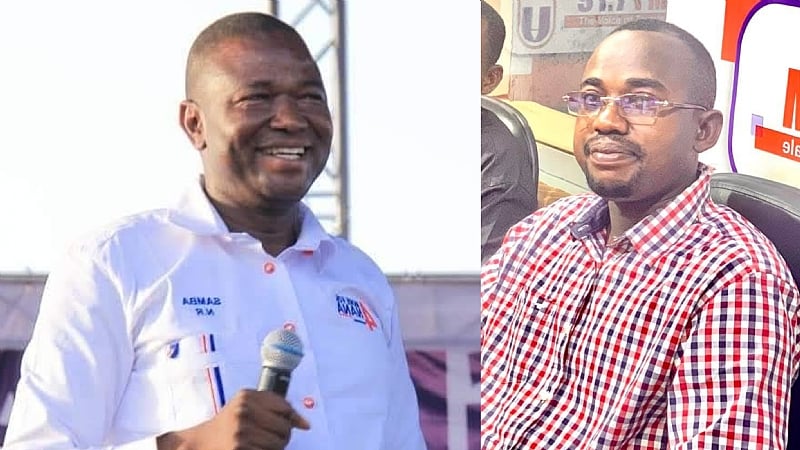The New Patriotic Party (NPP) in Ghana’s Northern Region experienced a significant setback in the 2024 general elections, losing three parliamentary seats to the National Democratic Congress (NDC). According to Yussif Danjimah, the NPP’s Communications Director for the Northern Region, this electoral defeat was largely self-inflicted, stemming from the party’s failure to heed the advice of its Regional Chairman, Mohammed Bantima Adam Samba. Samba had presciently cautioned against holding parliamentary primaries in certain constituencies, foreseeing the potential for internal divisions and negative consequences for the party’s overall performance.
Danjimah’s post-election analysis, shared during a radio interview, highlighted the detrimental impact of the contested primaries. He argued that the internal competition, particularly in constituencies like Zabzugu, Yendi, and Mion, exacerbated existing tensions and created new fault lines within the party. In Zabzugu, for instance, the incumbent MP’s loss in the primaries triggered ethnic divisions, ultimately contributing to the NPP’s narrow defeat in the general election. Danjimah lamented the loss of this seat and others, attributing them directly to the decision to hold primaries despite the Chairman’s warnings. He contrasted this outcome with the success of the six NPP MPs who retained their seats, praising their resilience and dedication in the face of challenging circumstances.
The pre-election period was marked by disagreement within the NPP regarding the handling of parliamentary candidacies. Chairman Samba had publicly advocated for unopposed candidacies for sitting MPs, arguing that this would conserve resources, foster unity, and allow the party to address internal divisions before the general elections. This approach, he believed, would present a stronger, more cohesive front against the opposition. However, Samba’s proposal met with strong resistance from within the party, with some members accusing him of attempting to protect underperforming MPs who were perceived as vulnerable.
The differing opinions within the NPP regarding the primaries reflected a broader tension between maintaining party unity and ensuring the selection of the most competitive candidates. While Samba prioritized unity and stability, his detractors argued that open competition was essential for identifying the strongest candidates and maximizing the party’s chances of electoral success. This internal debate ultimately played a significant role in shaping the outcome of the elections in the Northern Region.
The NPP entered the 2024 elections in the Northern Region holding nine parliamentary seats. However, following a campaign period marked by internal divisions and strategic disagreements, the party emerged with only six seats, a net loss of three. The NDC capitalized on the NPP’s internal struggles, increasing their representation in the region to eleven seats. An independent candidate secured the remaining seat, further underscoring the fragmentation of the political landscape. The NPP’s loss of three seats represented a significant shift in the balance of power in the region, highlighting the consequences of internal discord and the importance of strategic decision-making in electoral politics.
The NPP’s experience in the Northern Region serves as a cautionary tale about the potential pitfalls of prioritizing internal competition over party unity, especially in volatile political contexts. The decision to disregard Chairman Samba’s advice regarding the primaries appears to have backfired, contributing to the party’s electoral losses and highlighting the importance of heeding experienced voices within the party structure. The results also underscore the need for political parties to effectively manage internal dissent and present a united front to the electorate. Failure to do so can have significant electoral consequences, as demonstrated by the NPP’s performance in the Northern Region.


